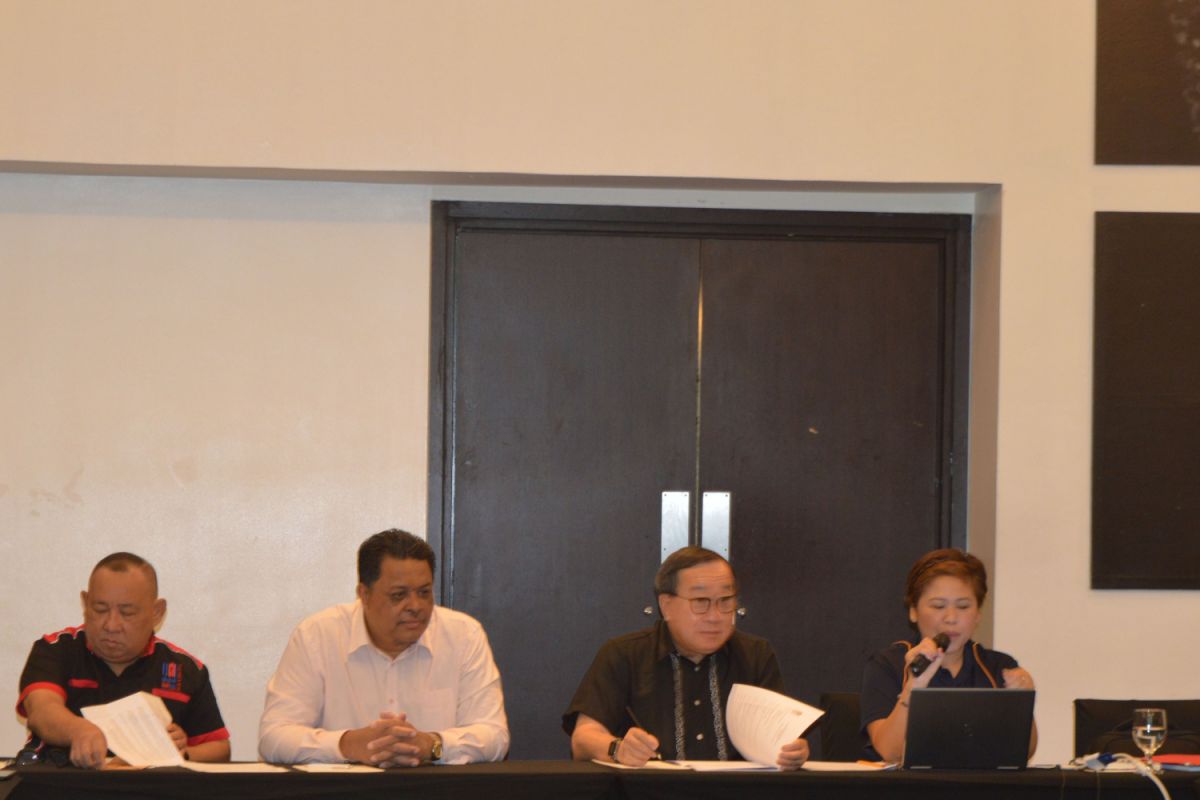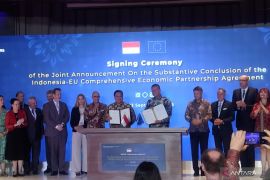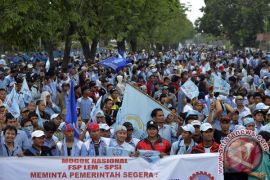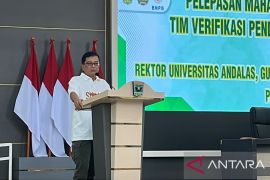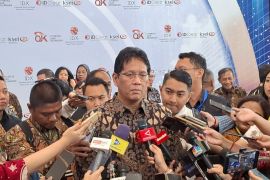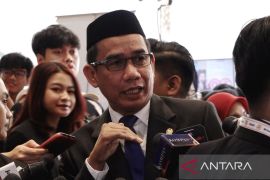"The internet, social media, and mobile technology are changing the preferences of consumers, who are now demanding instant access to news and other media contents," Nidea noted here in Davao, the Philippines, on Wednesday.
All these developments impact the world of work in media, entertainment, and the arts.
The precariousness of work in the media, entertainment, and creative sectors is further increasing.
He said that the ranks of permanent and regular workers in the Philippine broadcast industry are being decimated as formerly regular workers and are being reclassified as talents, project employees, contract workers, freelancers, and service providers.
All such challenges require organized responses for which unions are necessary.
"Hence, workers of all types need to organize themselves," he emphasized.
Unions are needed, so that workers can cope with and manage change, as one cannot stop the inexorable march of technology that is constantly changing, he stated.
On a separate occasion, members of the Indonesian Expert Council of Trade Unions Association Kun Wardana Abyoto noted that the skills of workers should be upgraded in a bid to face the digital economy.
Digital technologies are reducing employment opportunities in some industries and creating new jobs.
The director of UNI Apro ICTS noted that digital technologies have reshaped business models and offered soft skills, such as information-processing, self-direction, problem-solving, and communication.
However, several people do not seem to have such skills for a digital world.
"Hence, unions should ensure that workers should have appropriate skills for the digital era," he added.
Editing by A Abdussalam
Reporter: Azis Kurmala
Editor: Fardah Assegaf
Copyright © ANTARA 2018
